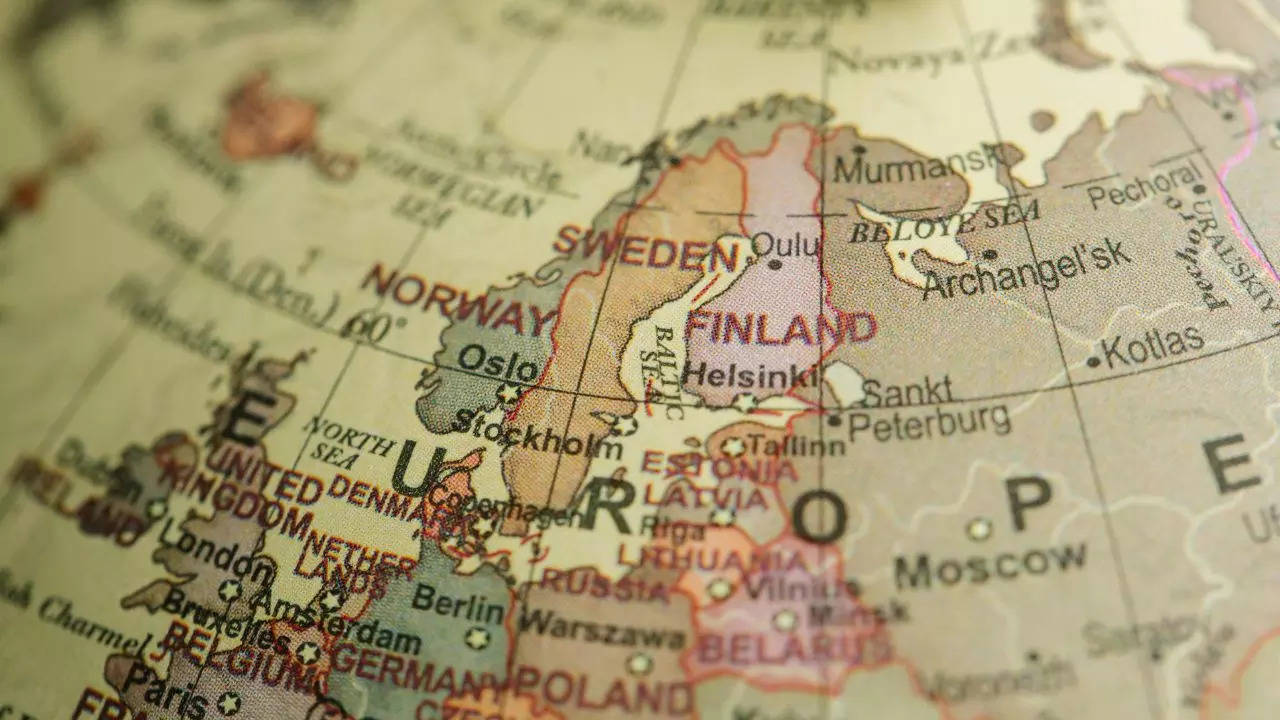Gambling
EGBA: Finland’s New Gambling Legislation: A Step Forward, With Room For Improvement

On 22 August 2024, the court in Frederiksberg ruled in favour of the Danish Gambling Authority to have 79 websites blocked that offered illegal gambling to Danes.
Among the blocked websites are sites that are particularly aimed at children and young people.
Every year, the Danish Gambling Authority blocks websites that offer gambling products and services to Danes without a licence. The blocks are an important part of the Danish Gambling Authority’s work to protect the players and at the same time ensure a fair and legal gambling market in Denmark.
In 2024, the Danish Gambling Authority has blocked the access to a total of 162 illegal websites that offer gambling to Danes. This is the highest number of blocks in a year so far. Since 2012, a total of 438 websites have been blocked so that they cannot be accessed via a Danish telecommunications provider.
The decision to block websites is made by the courts, and the Danish Gambling Authority has been in court twice this year to have illegal gambling sites blocked. In February, 83 pages were blocked.
The Danish Gambling Authority’s option to block access to the illegal sites is done via a so-called DNS block. This means that the connection between the player and the gambling provider’s website is blocked by the player’s telecommunications provider. If the user tries to access a blocked website, they are greeted by a page stating that the site is illegal and blocked by the Danish Gambling Authority.
“We know that some players will try to bypass the DNS blocks. Therefore, it is very important to us that the information you come across is clear and makes the players aware that they are trying to access a site without a licence. These sites do not have the same level of consumer protection and it can be very risky for a player to use them,” Anders Dorph, Director of the Danish Gambling Authority, said.
Sites without a licence from the Danish Gambling Authority do not necessarily meet the same requirements as sites with a licence, and therefore players do not get the same consumer protection and security on the illegal sites.
It is, for example, impossible to play on a site with a licence if you are under 18 or if you are registered with ROFUS (Register of Voluntarily Excluded Players).
The blocked sites offer different types of gambling such as online casino, online betting and skin betting.
In the latest block, three of the 79 sites contained a new type of skin betting. Here, players can, among other things, use “Robux” as stakes as well as win Robux which is the virtual currency in the computer game Roblox.
“We pay particular attention to this new type of site. Roblox is a game that is very popular among children and young people under the age of 18. Our children should not be introduced to gambling when they play video games, so I am very pleased that we have blocked access to these sites,” said Anders Dorph.
When the Danish Gambling Authority assesses that a website offers gambling illegally without a licence, the Danish Gambling Authority asks the gambling provider to stop the illegal offering. If they do not stop the offer, the telecommunications providers are asked to block their customers’ access to the websites. If this does not happen, the Danish Gambling Authority will proceed with the case and ask the district court to order the Danish telecommunications providers to block the websites.
In the past, only telecommunications providers with membership of the Teleindustrien have been involved in the Danish Gambling Authority’s blocking processes.
In this round of blocking, however, three telecommunications providers who are not members of the Teleindustrien have also blocked access to the illegal sites.
All three telecommunications providers have blocked access to websites with illegal gambling offerings that were part of this blocking process as well as websites covered by previous rulings.
“We are very happy that three more telecommunications providers have closed access. This ensures that even more players are protected from being able to access the illegal sites,” said Anders Dorph.










